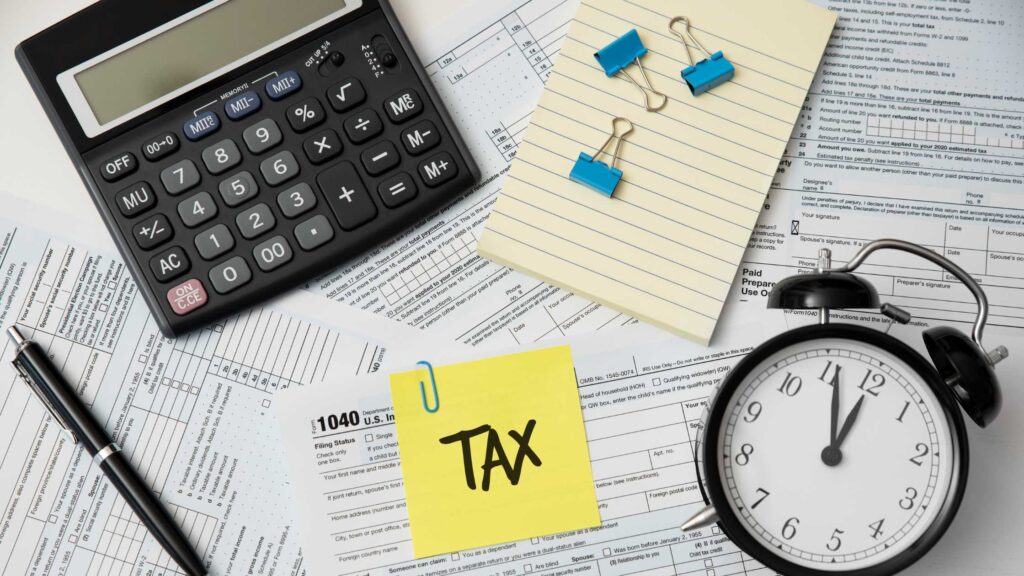Introduction
Filing taxes can be a stressful and overwhelming task. However, by avoiding common tax mistakes, you can make the process much smoother and less daunting. This article provides valuable tips to help you navigate the complexities of tax filing, including how to maximize deductions, avoid penalties, and stay organized throughout the year.
1. Start Early and Stay Organized
One of the biggest mistakes people make when it comes to filing taxes is waiting until the last minute. By starting early, you allow yourself ample time to gather all the necessary documents and information. Create a folder or digital file where you can store tax-related documents throughout the year, such as receipts and financial statements. This way, when tax season rolls around, you’ll have everything in one place, making the process much smoother.
2. Keep Track of Important Deadlines
Missing tax deadlines can result in penalties and unnecessary stress. Make sure to keep track of important tax deadlines, such as the deadline for filing your tax return and making estimated payments. Set reminders or use a calendar app to ensure you never miss an important date. Failing to stay on top of deadlines can lead to unnecessary fees and complications.
3. Maximize Deductions
Take advantage of all available deductions and tax credits to minimize your taxable income and potentially increase your refund. Some commonly overlooked deductions include medical expenses, education-related expenses, and donations to charitable organizations. Consult with a tax professional or use tax software to ensure you’re taking advantage of all the deductions you’re eligible for.
4. Avoid Math Errors
Math errors are one of the most common mistakes people make on their tax returns. Even a small miscalculation can have significant consequences, potentially triggering an audit or resulting in a larger tax bill. Double-check all calculations and use tax software or a calculator to ensure accuracy. If you’re unsure about a particular calculation, consult with a tax professional.
5. Understand Tax Changes and Updates
Tax laws and regulations change frequently, so it’s essential to stay informed about any updates that may affect your tax situation. Some changes may involve new deductions, tax credits, or changes in tax rates. Stay updated by following reputable sources or consulting with a tax professional who can guide you through any changes and help you make informed decisions.
6. Don’t Forget to Sign and Date
It may seem like a simple step, but forgetting to sign and date your tax return can result in unnecessary delays and complications. Be sure to review your tax return thoroughly before submitting it and ensure all required signatures and dates are in place. Skipping this crucial step may result in your return being rejected or not processed promptly.
7. Seek Professional Help if Needed
If you have a complex tax situation or feel overwhelmed by the filing process, it’s wise to seek professional help. A certified public accountant (CPA) or tax professional can provide valuable advice, ensure you’re taking advantage of all available deductions, and help you navigate any complex areas of the tax code. While seeking professional help may come with a cost, the expertise they provide can often outweigh the expense.
Conclusion
Filing your taxes doesn’t have to be a stressful experience. By avoiding common tax mistakes and following the tips outlined in this article, you can make the process more manageable and ensure you’re taking full advantage of all available deductions. Start early, stay organized, and seek professional help if needed. By being proactive and informed, you can file your taxes with confidence and ease.







